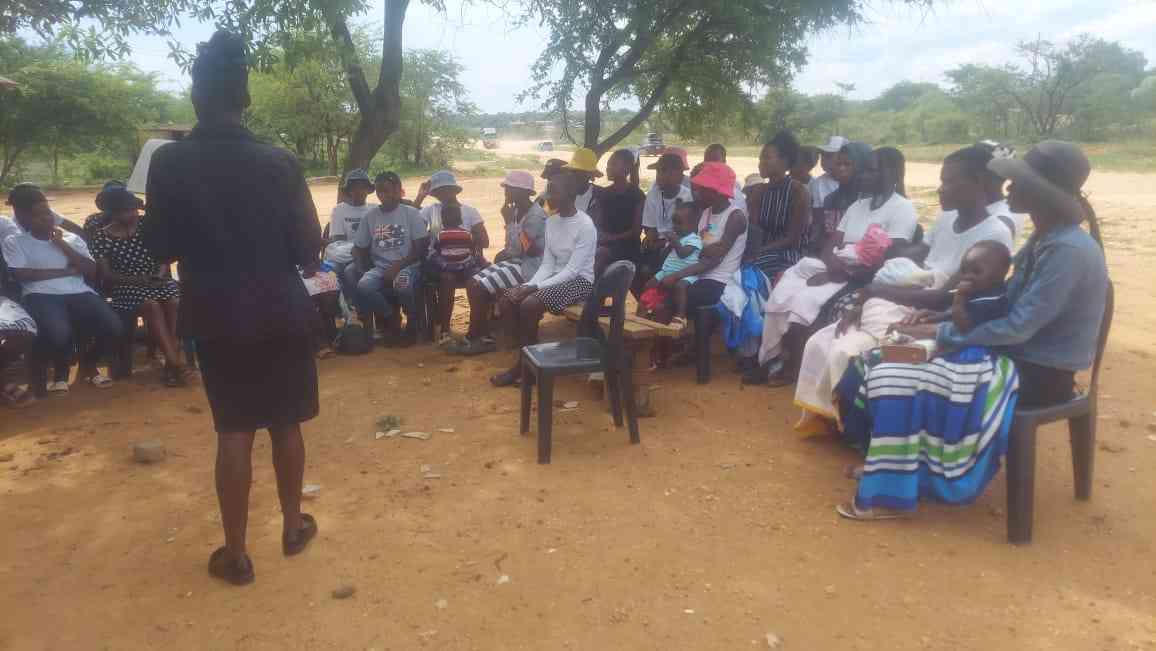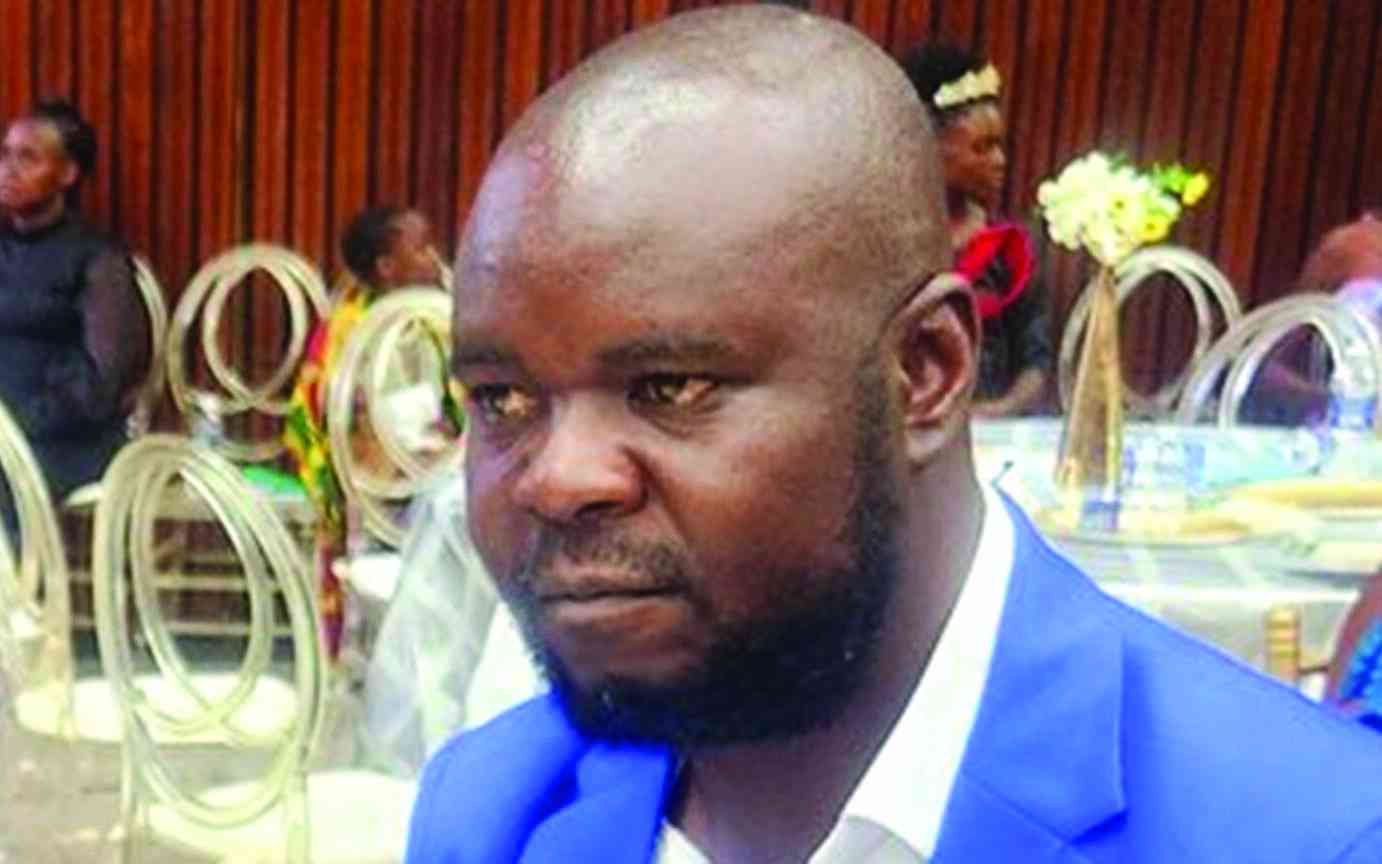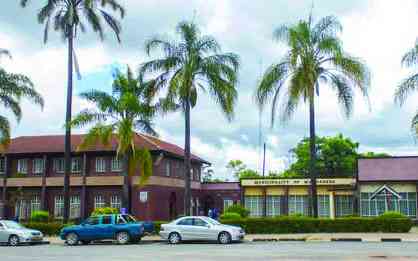
BY NKOSANA DLAMINI
The multi-million-dollar contract to fix Zimbabwe’s Air Traffic Control Communication Systems (ATCCS) by China Harbour Engineering Company (CHEC) is yet to commence, seven months after the Chinese multi-national signed a contract with the Civil Aviation Authority of Zimbabwe (CAAZ).
A senior government official has blamed the delay on the failure by the Reserve Bank of Zimbabwe (RBZ) to release the money required to fund the project.
The contract, awarded by CAAZ in 2020 through the Ministry of Transport and Infrastructural Development, entails that CHEC will supply and install air traffic control communication systems at a cost of US$4,810,177 and accessories that would cost US$87,163, bringing the total to close to US$5 million.
This publication, working with Information for Development Trust — a non-profit organisation sponsoring and facilitating in-depth coverage of matters relating to public accountability, revealed in a story early this year that government awarded the lucrative project to a company with a tainted history of non-delivery, blacklists and bribery reports in some countries.
At the negotiation stage, the contract hit some humps when CHEC insisted on getting its payment once it had delivered the specified communication products required to revamp the aviation system, while CAAZ argued that the Chinese company must install the equipment to ensure it worked, and this carried the day.
CAAZ eventually had its way with CHEC finally securing the bank guarantee on its own.
Waiting for Godot
- Chamisa under fire over US$120K donation
- Mavhunga puts DeMbare into Chibuku quarterfinals
- Pension funds bet on Cabora Bassa oilfields
- Councils defy govt fire tender directive
Keep Reading
In an interview, Transport ministry permanent secretary Thedius Chinyanga insisted that the project was within the agreed time frame but blamed the slow pace on the central bank which he said was delaying the release of an advance payment to CAAZ, which would then pay CHEC to start the ATCCS works.
Chinyanga exonerated CHEC from blame saying the company did not “contract itself,” but was waiting for its Zimbabwean partners to fulfil their end of the bargain.
“In any contract, there are two parties. In any event, so far CHEC has performed according to the dictates of the contract. They have signed the contract.
“They have provided a bank guarantee for the contractually provided advance payment.
“They have caused commencement of manufacture of the equipment, which is not an off the shelf equipment.
“This will be followed by client experts travelling to China next year for a quality assurance mission,” said the ministry’s top bureaucrat.
Chinyanga said the project was initially billed to commence in 2022, but expressed measured concern that the RBZ delay would negatively affect the project.
“CHEC has so far performed but such continued performance is premised on the reciprocal performance by the client.
“So far there is a delay in the release of the advance payment by RBZ, which in itself will have a ripple effect on the agreed schedule,” he said.
Chinyanga, though, told The Standard that CHEC had commenced the manufacture of equipment needed for the ATCCS even though it had not been paid.
This raised questions on how CHEC was funding the reported manufacture of the equipment.
The permanent secretary, however, said CHEC could still go ahead with the manufacture of the equipment as it awaited the funds from RBZ.
“They are contractors and once someone participates in a tender, it means they know where to get their materials…It doesn’t mean the contractor waits till the advance is paid.
“If we don’t perform as a client, nothing stops the contractor invoking relevant breach clauses and reciprocate on such non-performance,” said Chinyanga.
Questions were raised on the choice of the blacklisted Chinese firm to undertake the project after initial indications pointed to a company that has had a foggy background when it comes to honesty.
In our previous story, we revealed that CHEC was one of the three Chinese firms that were shortlisted for the lucrative contract through a restricted bidding system that opened the bidding process to Chinese and Russian firms only.
European competitors that were initially part of the bidding process were viewed as a risk to the country because of the European’s Union’s sanctions regime against the Zimbabwe government that came into effect in 2002 and have been reviewed and renewed annually to date.
Details of the contract have been kept a closely guarded secret, with only the Office of the President and Cabinet, Transport ministry and CHEC having been given signed copies, procurement authority sources revealed.
Bidding history
Chinyanga refused to share the contract with The Standard insisting that “it is not a standard practice to give to journalists, contracts of this nature or any contract for that matter because of confidentiality clauses”.
Three bids were received from CHEC, Joint Venture of Beijing CSSCA Technology working with Nainjing Les Information Technology as well as JSC Azimut.
The tender closed on October 27, 2020 and CHEC emerged as the sole bidder since the other two lost the energy along the way and never returned, according to a source in the SPOC.
It was not immediately clear why the two other bidders did not complete the process despite being availed with bidding documents on September 1 2020.
While the Procurement Authority of Zimbabwe’s special committee on tenders recommended due diligence on pricing during tendering, it seems just about everyone ignored—conveniently or unknowingly—to check CHEC’s background, which, searches on open sources revealed, is littered with allegations of corruption and non-delivery.
The Beijing-based China Harbour says about itself that it focuses on basic infrastructure construction such as marine engineering, roads and bridges, airports and reclamation and prides itself for operating a US$10 billion business from 70 overseas branches and clients in 80 countries.
It is part of the China Communications Construction Company Ltd (CCCC) in which the Chinese government has a controlling stake.
In 2014, Ugandan president Yoweri Museveni, under mysterious circumstances, booted out China Civil Engineering Construction Corporation (CCECC) from the US$2 billion Standard Gauge rail project and replaced it with CHEC.
Numerous legislators protested against the decision and complained that CHEC kept raising the price of the project, from an initial $6.7 billion Ugandan shillings to $11.4 billion.
There were also allegations that CHEC had paid a whopping US$200 million to officials in government, while it was on record that the CHEC executives made private visits to Museveni at his farm.
To CHEC’s defence
However, Chinyanga defended the eventual choice of the firm.
“Issues concerning the blacklisting of CHEC are in the public domain. If you go onto the World Bank site you will appreciate that CCCC was the one blacklisted for its misdeeds. However, CHEC being a subsidiary of CCCC it was thus affected. The sanctions were lifted after expiration of the embargo as per WB policy and hence we felt that the history is not material.”
He said the tendering process was above board.
“Yes the tender was very much above board as all tender formalities were followed starting with expressions of interest which were floated through two specific friendly countries (Russia and China).
“Response came from five companies who were all issued with the tender document after they were shortlisted. At close of tender, CHEC is the only one that returned or submitted its tender. Upon evaluation they were compliant and PRAZ gave its approval,” Chinyanga said.
Initial reports suggested PRAZ was opposed to the awarding of the contract to the Chinese firm insisting the law had been broken when CAAZ invited bidders to express interest and advertised the tender without the knowledge of the special committee that scrutinises procurement contracts for adherence to set regulations.
Reached for comment, PRAZ chief executive officer C Ruswa could not be drawn to discussing the issue again.
In a brief response to questions , Ruswa said “the airspace falls under State Security, therefore the procurement process was guided by Section 54 the Public Procurement and Disposal of Assets Act (Chapter 22:23) as read together with Section 15 (17) of the Public Procurement and Disposal of Public Assets (General) Regulations, 2018”.










